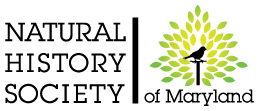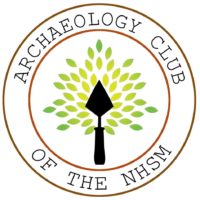As a charter member of the Virginia Native Plant Society, Marion Lobstein has been researching and writing about the medicinal and edible uses of native plants for over 40 years. In 1992, she visited the Natural Museum of Natural Seeds of Change Exhibit commemorating the 500th anniversary of the 1492 Columbian discovery of the New World. One aspect of the exhibit she found fascinating was the exchange of plants between the Old and New Worlds.
The first Jamestown, Virginia colonists almost starved to death their first winter when they ran out of food and did not know which local plants were edible. Local Native Americans showed the colonists which native and naturalized plants could be eaten as well as used medicinally. These new edible plants as well as medicinal and horticultural species were soon carried back to England. Such an exchange was part of the “Fantastic Voyages” of plant species sent from the New to Old World and other species brought from the Old to New World.
In her April 17th presentation for NHSM’s Archaeology Club, Marion will share her research on the ”Fantastic Voyages” of native plants early European colonists sent to Europe as well as plants they brought with them to the colony. To receive the Zoom link and passcode via email, register for the program. Email the club coordinator (mfalk@marylandnature.org) with any questions.
Natural History Society of Maryland’s Archaeology Club promotes the value of archaeology in Baltimore City, Baltimore County, and surrounding areas. The goal of the Archaeology Club is to educate citizenry in the ethics, methods, and artifact preservation methods of archaeology and how archaeology can be used to document, discover, and promote local history. The Archaeology Club is inclusive to all persons who have an interest in archaeology.
If you are an archaeology enthusiast, please consider joining us. You must be a member of NHSM to join any of its clubs. Follow this link to learn more: https://www.marylandnature.org/club-membership/
The Natural History Society of Maryland is a volunteer-led non-profit organization, so the fee you pay will go directly to support the programs, the nature collections, and the building that make this kind of nature education possible.


